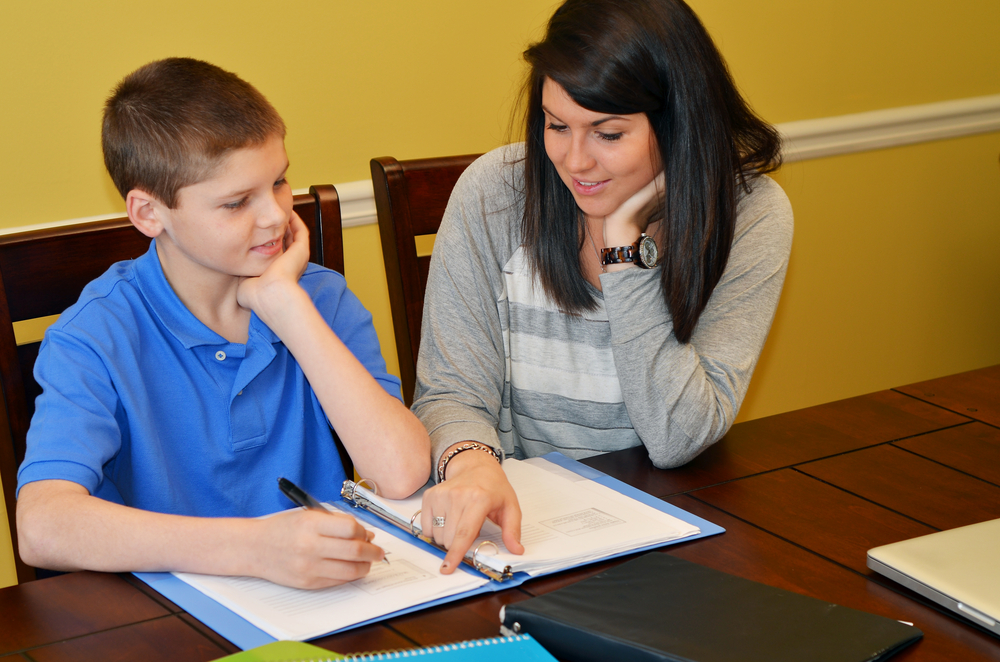
How Parents Can Reinforce Child Education At Home Through Tutoring/Coaching
Families, caregivers and parents can help every child succeed in school. Many common sense approaches as well as tested academic strategies can provide the basis for a child to improve his or her school experience. By using tutoring and personal coaching at home, students can excel in school work and attitude towards school.
According to the U.S. Department of Education Office of Communications and Outreach, American children spend an average of 180 days in school compared to other countries where students spend 240 days in school. In addition, in those countries school days are longer. It is clear that American parents need to capitalize on time not spent in school to produce superior academic achievement.
Talk to Your Children
From infancy, parents need to talk to their children. This encourages listening skills and builds a storehouse of sounds that later translate to vocabulary. School children should be encouraged to talk and ask questions. This gives them practice in both communication skills and problem solving. In a classroom, children who don’t speak up and ask questions may become lost and fall behind.
Monitor Homework
Children need a designated area to do study and homework. The area should be well lighted and have all the necessary supplies. Once homework is complete, parents should go over it, ask questions and help with anything the child has trouble with. If schools are using new methods parents don’t understand, set up time with the teacher to go over the procedures. We all want to make sure our children are spending adequate time on their homework, rather than fooling around on the computer and getting a headstart on the professional poker player futures.
Read, Read and Read
Encourage children to read from a young age. Older children should read out loud to parents. Let children predict what is going to happen and give feedback as they read. Set an example by reading yourself and having lots of books available. Let children read ordinary things like advertising circulars, street signs, and food packages.
If the child has a reading problem, check with the school for assistance. Most schools have reading coaches and in-school tutoring for students with problems.
Professional Tutoring and In-home Tutoring Programs
For parents who do not have the time or expertise to help struggling students, there are many successful tutoring programs for children. Subjects can be as simple as first grade math or as complex as high school calculus. The private tutor is able to tailor lessons to fit the needs of the individual child. There is instant feedback and students can progress at their own pace. Most programs report results of a full grade advancement after receiving tutoring.
In-home tutoring programs offer another solution. A program is designed specifically to fit the child’s needs. The program is then administered to the child at home by the parent.
The Government Printing Office has a wealth of information about the effectiveness of various tutoring methods from private businesses to volunteer programs. They find that any method of tutoring whether paid or volunteer helps students academically as well as improving attitudes toward learning and self esteem.
